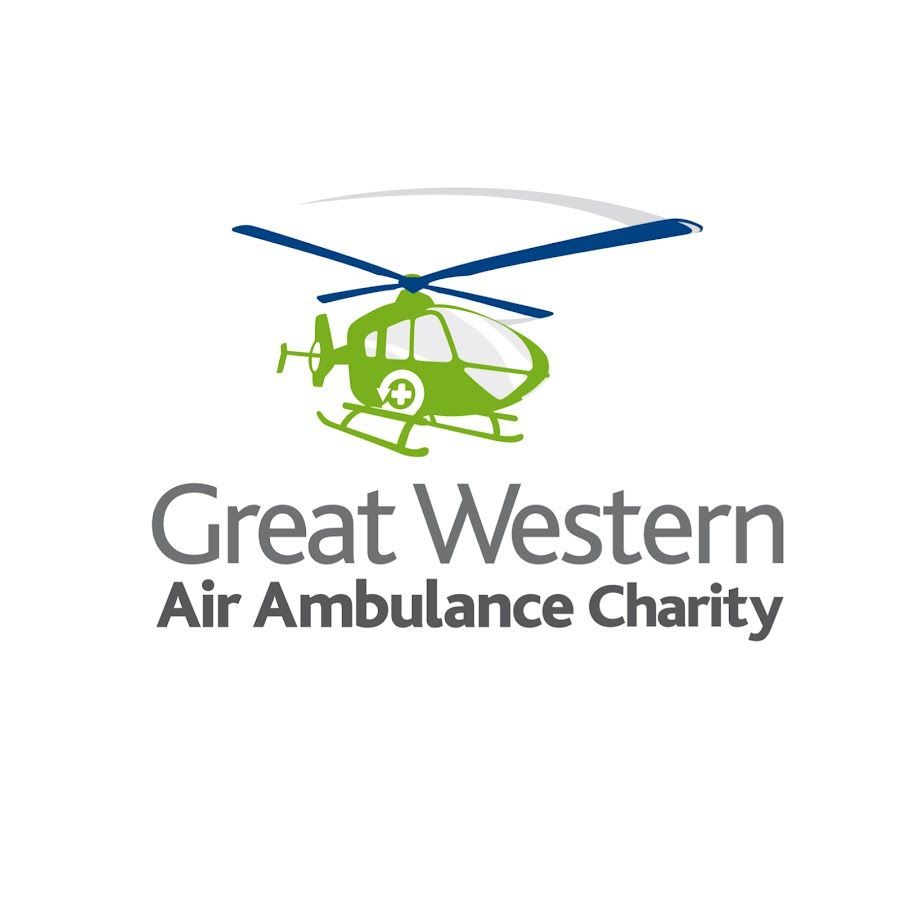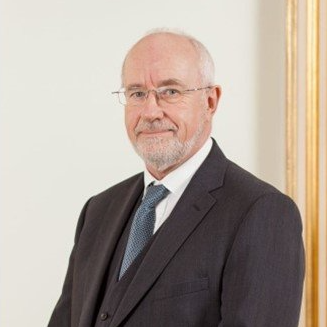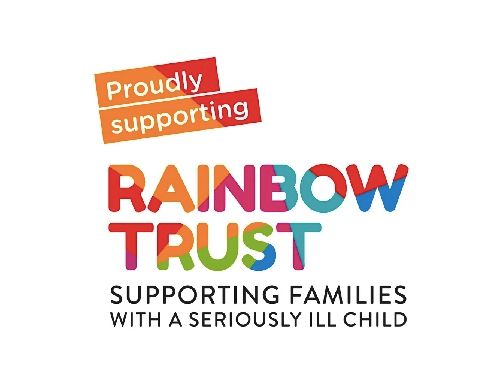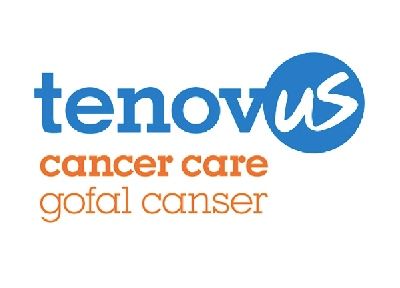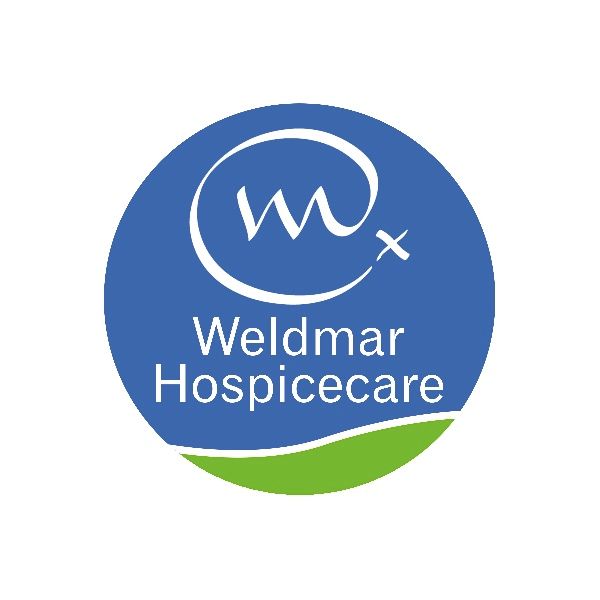0117 959 6496
The School of Hope - Guatemala
The Education for the Children Foundation is providing children with hope and opportunities for the future through education and access to quality healthcare in Jocotenango, a town 40km west of Guatemala city.
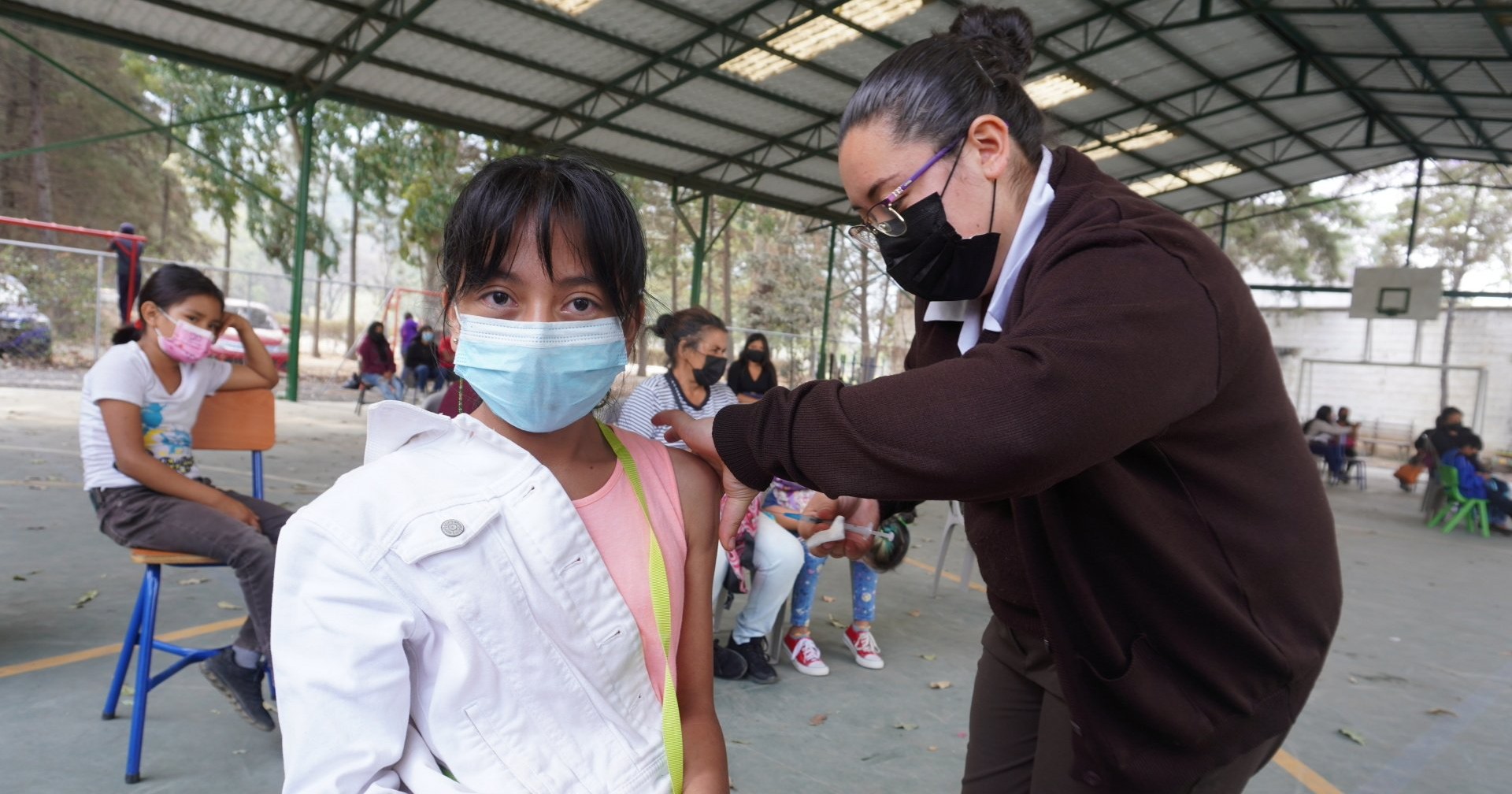
Guatemala has some of the poorest health outcomes in Latin America and a significant proportion of Guatemalan people lack access to health care services. Public investment in the health sector lags behind the rest of Central America and where healthcare services are available the quality is often suboptimal. Guatemala has a growing population and over half of its 16 million inhabitants are under 24. According to the World Food Programme, 66% of the population live on less than £1.50 a day and 50% of children under five suffer stunted growth and ill health due to chronic malnutrition.
When Sophie McKee travelled to Guatemala in 2002 to volunteer at a school, she discovered that it was on the brink of collapse due to lack of funding. She began fundraising to ensure that the 75 students did not lose their opportunity to receive an education. This was the start of the Education For The Children Foundation (EFTC). Today EFTC’s School of Hope and its further education programme support over 600 students to access education.
EFTCs holistic approach to educate, nurture and empower young people is centered on four pillars:
- Education – providing quality teaching to all free of charge
- Nutrition – fueling learning and fighting malnutrition
- Healthcare – medical checkups and health education for students and parents
- Social Support – Counselling and vital support for vulnerable students and family members
Driven by a commitment to equal opportunities, the Education for the Children Foundation has worked with young people and families from the Jocotenango area since 2003 to access quality education, nutritious food, healthcare and social support.
The James Tudor Foundation first supported EFTC in 2012, providing funding to support their healthcare budget for 12 months. It was used towards the implementation of preventative measures such as a programme of anti-parasitic medication, vaccines and health education sessions for families to help them understand the need for better personal hygiene. These preventative measures resulted in a 46% decrease in the annual healthcare budget due to less need for reactive healthcare for preventable illness. These measures also resulted in a 14% increase in students graduating primary and continuing to secondary education and 11% increase in students graduating secondary and continuing to college studies.
EFTC received a second grant from the Foundation in 2020 towards the salary of the school nurse and first aid resources and equipment. The nurse, Celena is a former graduate of the school, after qualifying as a nurse she wanted to repay the school by sharing her humanity and love for her profession to help the community that helped her. She conducts regular health checks on students, offers consultations and distributes essential medicines. She also works closely with the psychologist and social worker to deliver the preventative health programme including workshops on sexual health and personal hygiene for students and their families.
Celena told us that her favourite part of the job was:
‘seeing a patient recover and give thanks to the school for the support they provided. The feeling of satisfaction upon seeing a healthy patient and knowing that the illness didn’t stop them from studying to achieve their dreams is great, knowing that you have saved a life.’
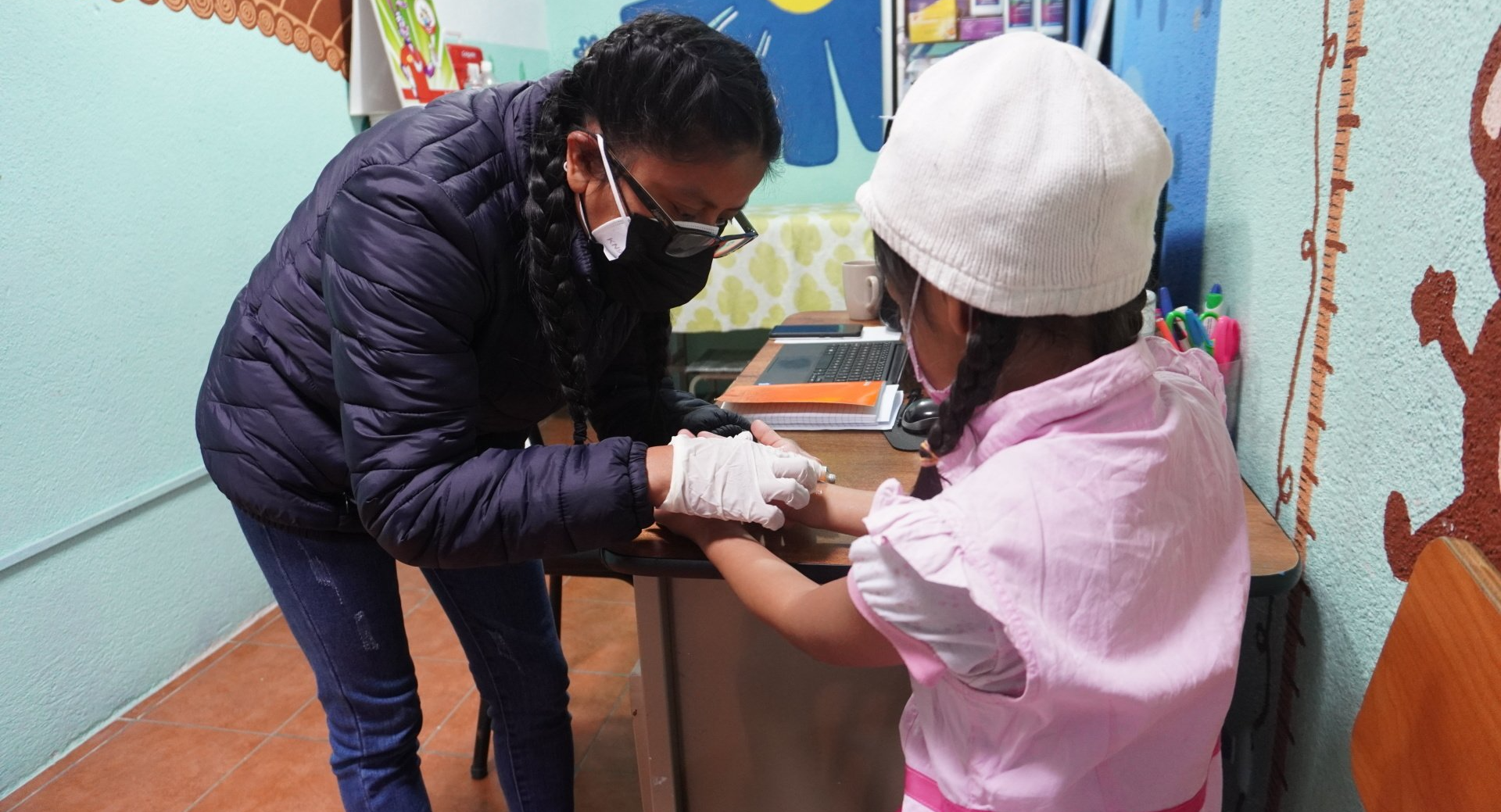
The arrival of the pandemic forced the school to dramatically change their working practises and while Celena was unable see students as usual, she worked hard to ensure that students and their families were supported throughout the lockdowns. Whilst the school was closed, all medical cases and any new health referrals were managed by Celena via weekly or monthly phone calls depending on the severity of the case, monthly medicine was sent out to students and family members with long-term medical conditions and emergency food packages which were distributed to all families at the start of each month. According to Celena, ‘it was very difficult, but not impossible to carry on providing support to patients that needed an appointment or specific medications.’
Celena believes the biggest challenge at the moment is raising awareness in the community to encourage Covid-19 vaccine uptake. She has have held talks about the benefits and importance of the vaccine to avoid serious illness and has received a very positive response. In arranging for health professionals to come to the school to administer vaccines, the majority of the school population are now fully vaccinated which is extremely encouraging considering only 27% of the Guatemalan population are vaccinated against Covid-19. All staff members are fully vaccinated, and this was pivotal in convincing the authorities to allow the school to re-open in January this year. Celena’s goal for the coming year is for the entire school community (staff, students and families) to be fully vaccinated against covid-19, she also wishes to maintain communication with external services to provide more health workshops to the school community.

In December 2021 a third grant was approved to EFTC to further support the integrated healthcare programme by making a further contribution to Celena’s salary. We look forward to hearing about the ongoing impact of this programme at the School of Hope.
